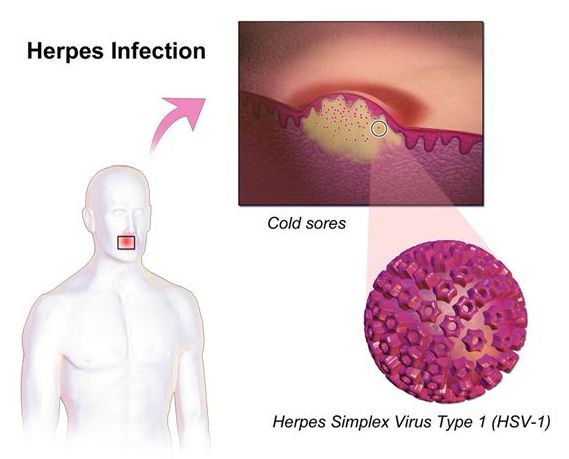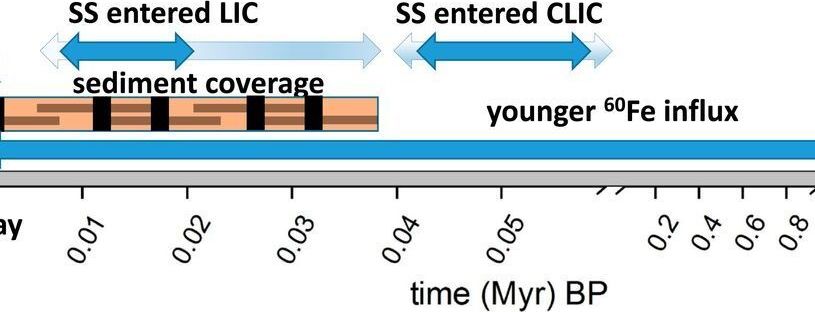YouTube says it took down a record number of videos in the second quarter of this year due to an increased use of AI in its content review efforts.
In total, 10.85 million of the 11.4 million videos removed from the platform between April and June were flagged by automated systems, according to YouTube‘s latest Community Guidelines Enforcement Report.
AI played an even bigger role in the removal of user comments. Of the 2.1 million comments taken down, 99.2% were detected by automated systems.









